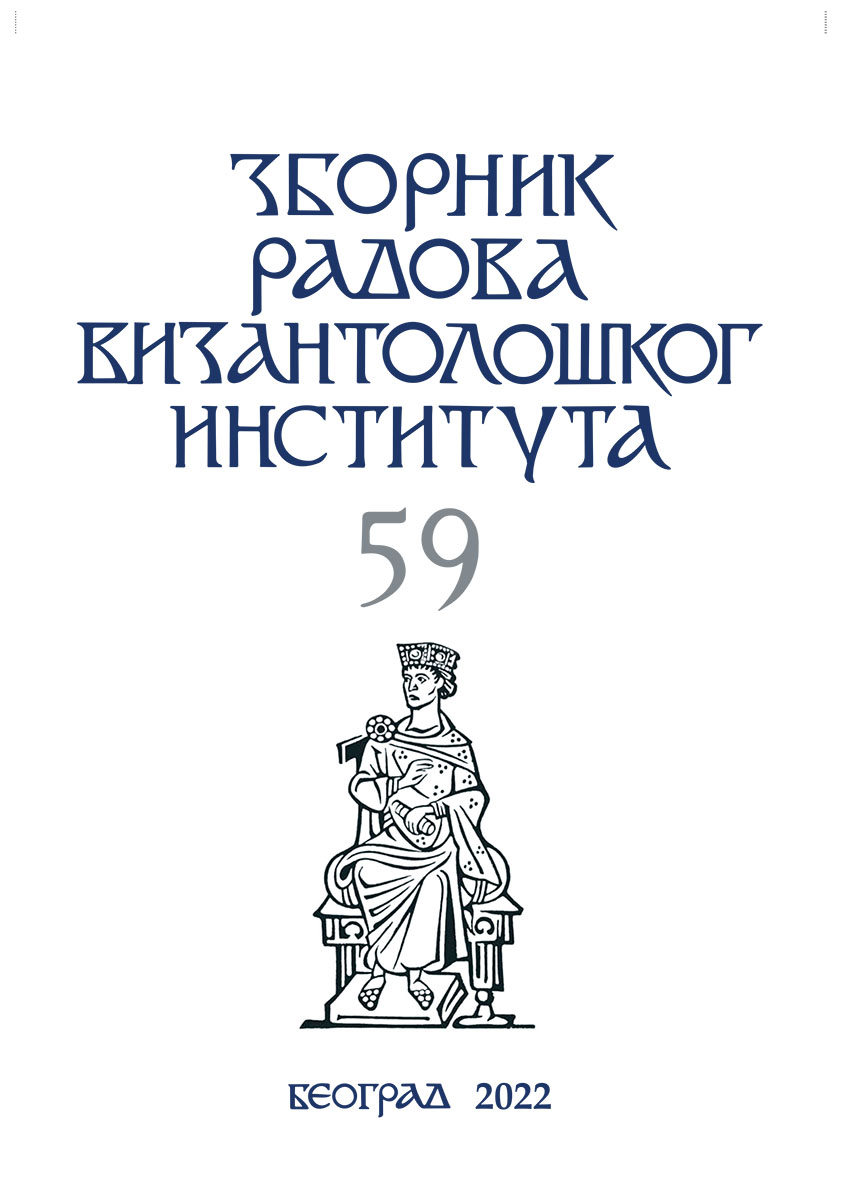УГОВОР О ЗАЈМУ И ЗАШТИТА ДУЖНИКА ОД ЗЕЛЕНАШКИХ КАМАТА У СРЕДЊОВЕКОВНОМ СРПСКОМ ПРАВУ (с освртом на утицај византијског права)
CONTRACT OF LOAN AND PROTECTION OF DEBTORS AGAINST USURY IN SERBIAN MEDIAEVAL LAW (Regarding the Influence of Byzantine Law)
Author(s): Srđan Šarkić Subject(s): History, Law, Constitution, Jurisprudence, History of Law, Middle Ages
Published by: Vizantološki institut SANU
Keywords: loan; interest; XII Tables; Justinian; Procheiron; Basilika; Syntagma of Matheas Blastares; Saint Archangels’ chrysobull
Summary/Abstract: Loan is delivery by one party to and receipt by another party of sum of money upon agreement, to repay it without (Roman mutuum) or with (Roman fenus). In Roman law, in the case of money, it could be required to pay interest if there had been a special stipulation to that effect. Rates of interest were limited from time of the XII Tables till Justinian’s legislation. Under the influence of the provisions of the Scriptures the canons of Christian Church councils anathematized taking of interest as an usury, and Procheiron explicitely forbids it. However, taking of interest became a need of economic life, so the Novella LXXXIII of Emperor Leo VI allowed the interest with a rate of 4%, and Basilika repeated the provisions of Justinian’s legislation. Matheas Blastares introduced in his Syntagma two chapters regarding interest, exposing ecclesiastical rules and secular laws. Serbian charters and Law Code of Stefan Dušan do not mention the contract of loan, but Saint Archangels’ chrysobull forbids to the monks to let the money at interest.
Journal: Зборник радова Византолошког института
- Issue Year: 2022
- Issue No: 59
- Page Range: 147-156
- Page Count: 10
- Language: Serbian

